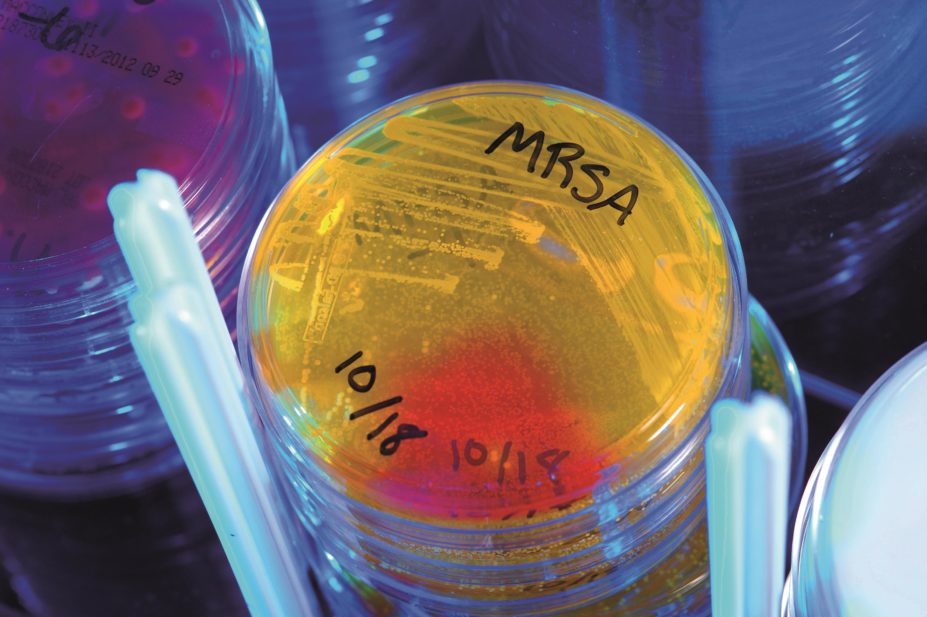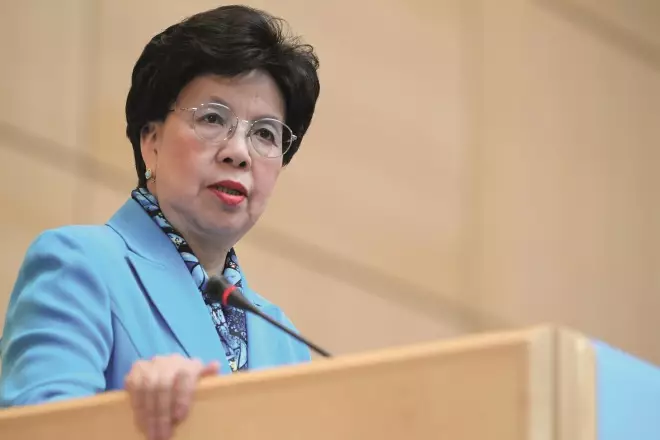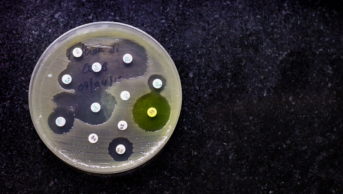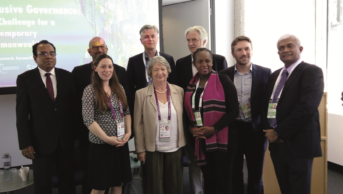
James Gathany / CDC
Pharmaceutical companies from across the world have called on governments to work with industry to develop new antibiotics and preserve the effectiveness of existing ones.
A total of 85 pharmaceutical, generics, diagnostics and biotechnology companies and 9 industry associations across 18 countries signed a joint declaration on combating antimicrobial resistance (AMR) on 21 January 2016, which sets out for the first time how governments and industry need to work together to beat the challenges of rising AMR.
Margaret Chan, director general of the World Health Organization (WHO), says: “This declaration affirms that the challenges of AMR can be addressed only through collaboration and global collective action.”

Source: World Health Organization
Margaret Chan, director general of the World Health Organization, says the declaration affirms that the challenges around antimicrobial resistance can only be addressed through global collective action
The signatories say they are willing to commit to increasing investment in research and development (R&D) for new antibiotics, diagnostics, vaccines and alternative treatments, and urge governments to work with them to develop and commit to funding alternative market structures, which both conserve antibiotics but also incentivise the industry to invest in R&D.
This would include mechanisms to ensure that the pricing of antibiotics more adequately reflects the benefits they bring. It would also require novel payment models that reduce the link between the profitability of an antibiotic and the volume sold, and lessen the need for companies to undertake promotional activities.
Meanwhile, to help conserve existing antibiotics, the declaration calls for improved uptake of rapid point-of-care diagnostics to improve how antibiotics are prescribed, and the removal of incentives within health systems that reward doctors, pharmacists and veterinarians for prescribing greater volumes of antibiotics.
“It is a significant step forward that so many leading companies have come together to call for concerted action against drug-resistant infections,” says Jayne Lawrence, chief scientist at the Royal Pharmaceutical Society.
“In this wide ranging declaration, the companies request that governments work with them to find new, sustainable funding models to support the development of new antibiotics,” she says. “The companies have also pledged to find ways to help reduce the development of drug resistance, to explore ways of increasing funding to avoid/treat antimicrobial infections, and to ensure access to high-quality antibiotics for all.”
The declaration was drafted by its signatories but was instigated by the work of the independent Review on AMR, set up in 2014 by UK prime minister David Cameron to identify the challenges associated with AMR and to identify the interventions required to overcome these challenges.
Richard Bergström, director general of the European Federation of Pharmaceutical Industries and Associations (EFPIA), says: “With this statement, my member companies confirm their commitment to new business and valuation models for antibiotics, including those where you at least partially de-link revenues from sales. This will support the dual goal of incentivising research, while limiting consumption to when it is really needed.”

Source: EFPIA
Richard Bergström, director general of the European Federation of Pharmaceutical Industries and Associations, says companies confirm their commitment to new business models for antibiotics
Lord Jim O’Neill, chair of the Review on AMR, described the declaration from industry as a “major step forward” in establishing a global response to the challenges of drug resistance.
“I’m really impressed that such a wide range of companies have been able to agree on a common set of principles and commitments across these important issues: this is a level of consensus that we have not previously seen from the industry on this topic,” he adds.
The declaration will be updated every two years to take into account the evolving global landscape of AMR.


